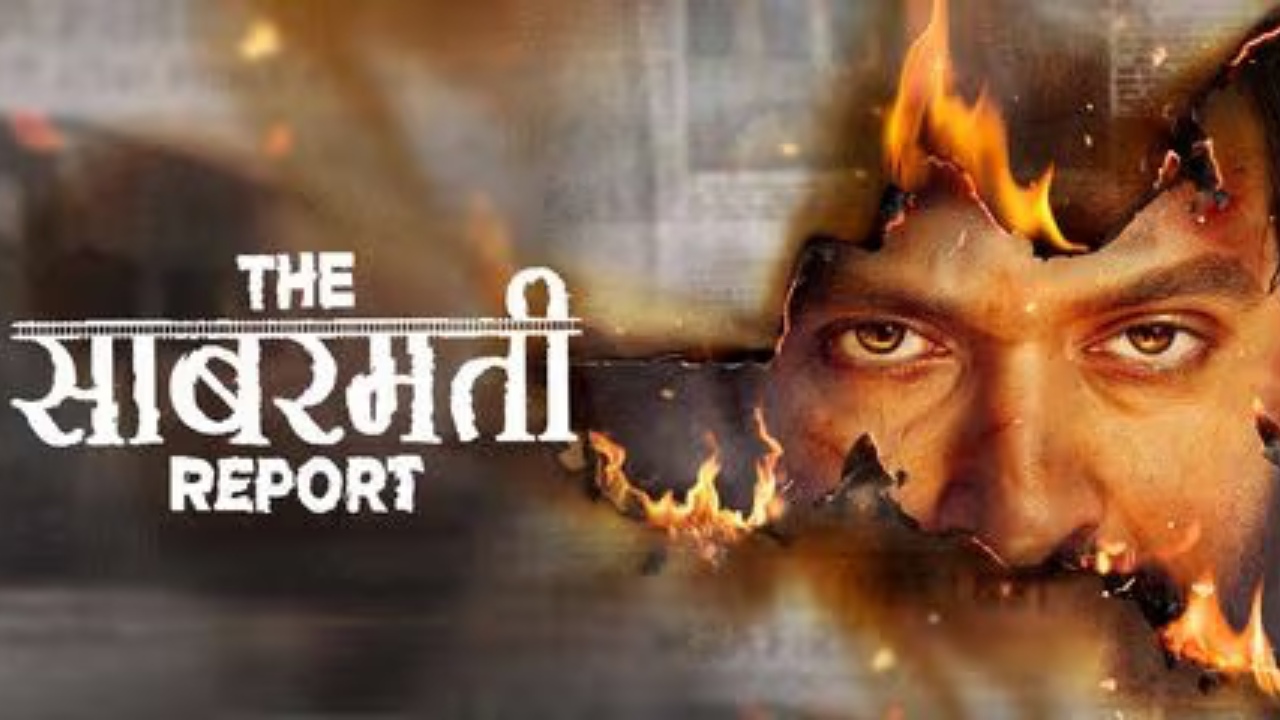The recently released ‘The Sabarmati Report’ by Balaji Telefilms has evolved from being a film to a powerful medium of national discourse, bringing to light a significant event in India’s history with a sense of responsibility and sensitivity. The filmmakers have meticulously crafted the narrative, ensuring that it is grounded in factual accuracy while addressing a politically charged issue delicately. The film has sparked critical debates surrounding the role of journalism in uncovering uncomfortable truths, particularly in the context of politically sensitive topics. Its portrayal of the risks faced by journalists in such situations has struck a chord with audiences, especially in today’s media landscape.
A series of special screenings, attended by dignitaries such as Union Minister Hardeep Singh Puri and BJP MP Anurag Thakur, underscored the film’s resonance with political stakeholders. Additionally, the film has ignited a renewed sense of patriotism, cementing itself as a must-watch for every Indian.
The audience’s overwhelming response has been mirrored in the film’s box office performance. Despite stiff competition from larger Bollywood productions and regional films, The Sabarmati Report achieved an impressive collection of ₹20 crore (GBOC) and still counting. Its consistent performance, even on weekdays, highlights the power of strong word-of-mouth and the audience’s deep connection with the narrative.
The film’s impact has gone beyond the box office, earning widespread acclaim from state governments. Madhya Pradesh, Chhattisgarh, Haryana, Uttar Pradesh, Rajasthan, and Gujarat have declared the film tax-free, recognizing its importance in fostering unity and patriotism. The support from the government has further bolstered its reach, with Prime Minister Narendra Modi praising its “truthful narrative” and Union Home Minister Amit Shah commending its balanced and gripping storytelling.
Directed by Dheeraj Sarna and featuring a stellar cast led by Vikrant Massey, Raashii Khanna, and Ridhi Dogra, the film revisits the tragic events of the 2002 Godhra train incident, offering a fresh perspective that is both compelling and sensitive. With its unflinching approach to a difficult subject, the film has successfully bridged entertainment and social commentary, sparking vital debates about truth and accountability.
Special credit is due to producer Ektaa R. Kapoor and the team at Balaji Telefilms, whose exceptional expertise brought this bold narrative to the silver screen. Kapoor’s vision as a producer has set a new benchmark, demonstrating that meaningful storytelling can resonate deeply when handled with responsibility and precision.
The Sabarmati Report is not just a film; it is a testament to the power of cinema to inspire, inform, and unite. Its success marks a significant milestone for Indian cinema, proving that stories of substance can make an indelible mark on both hearts and minds.


